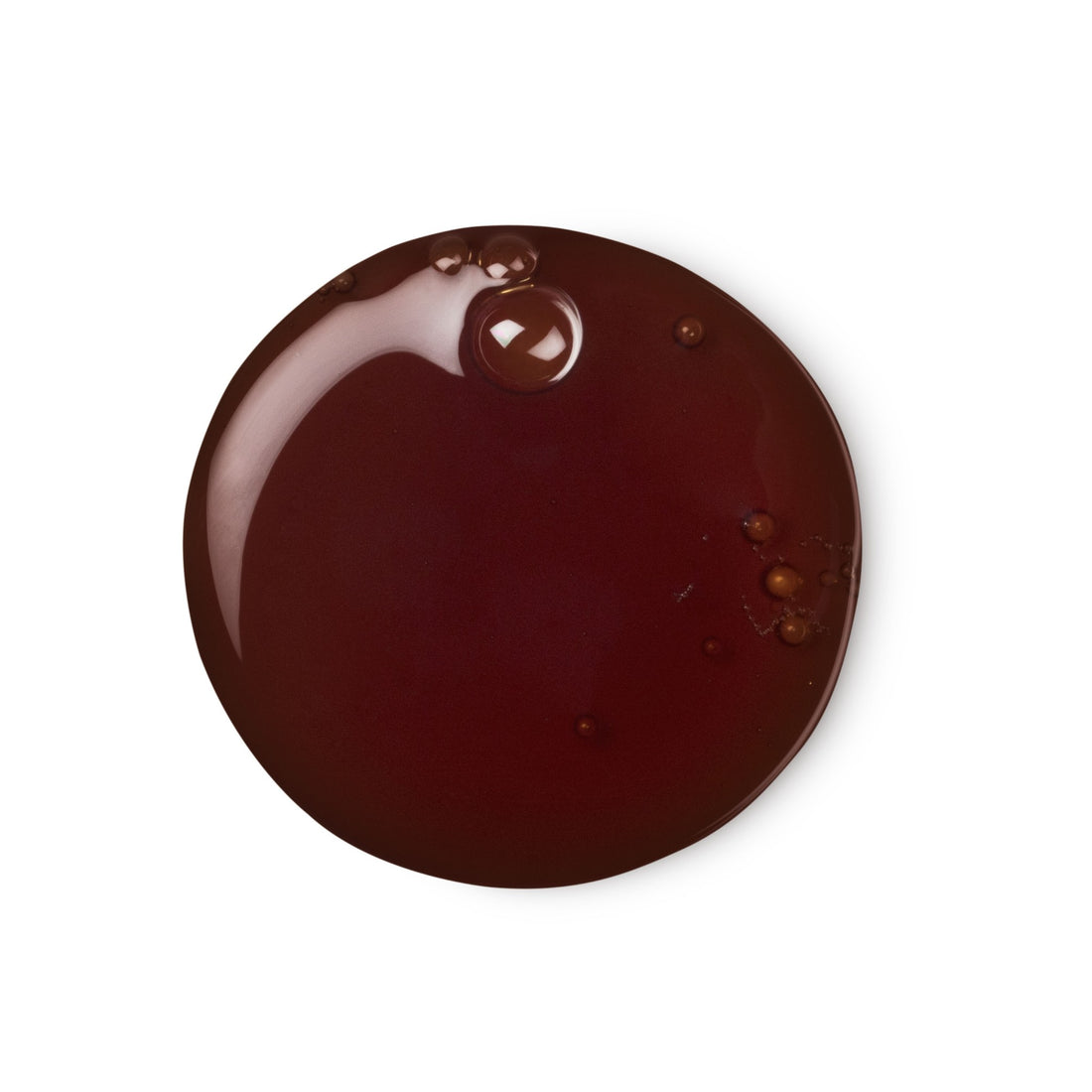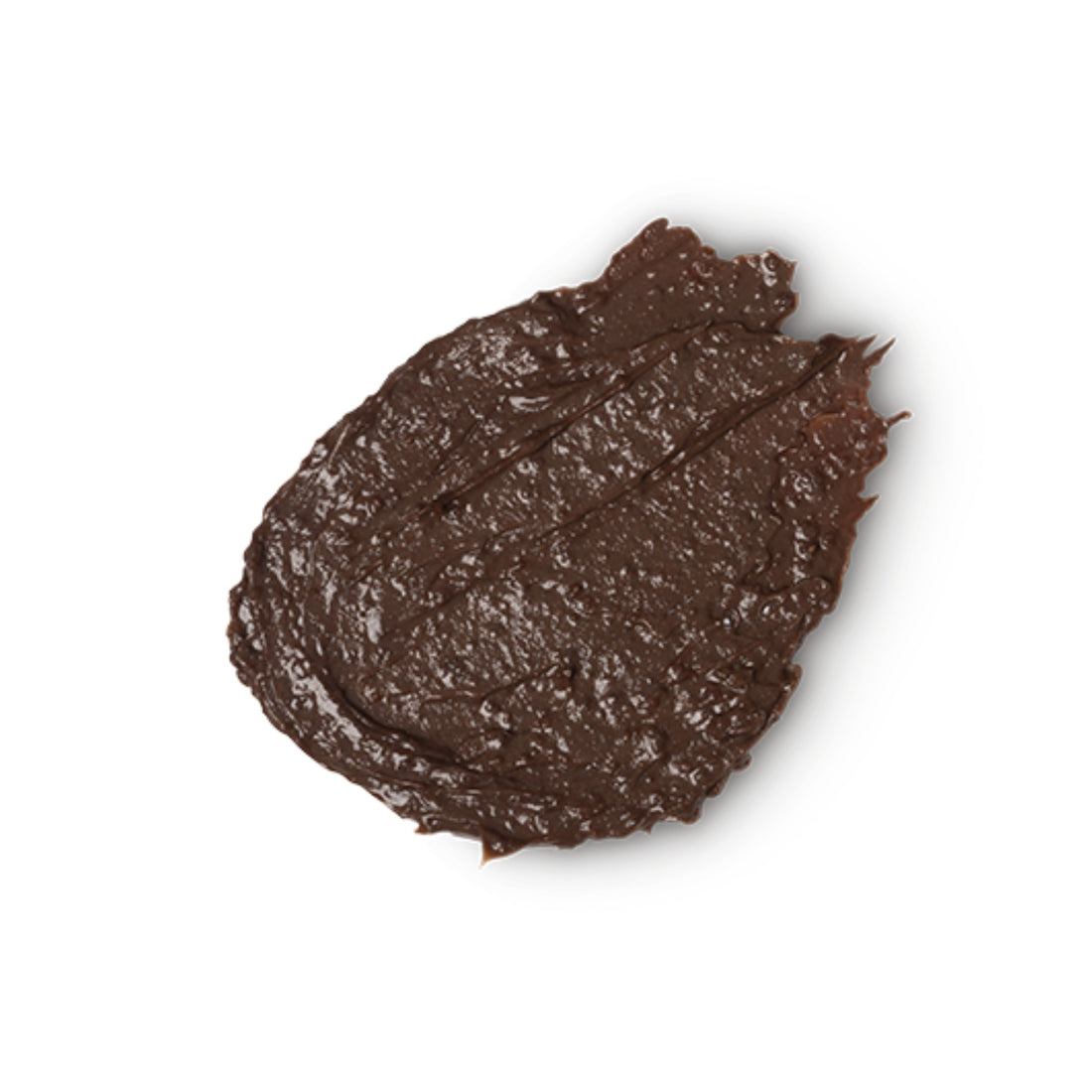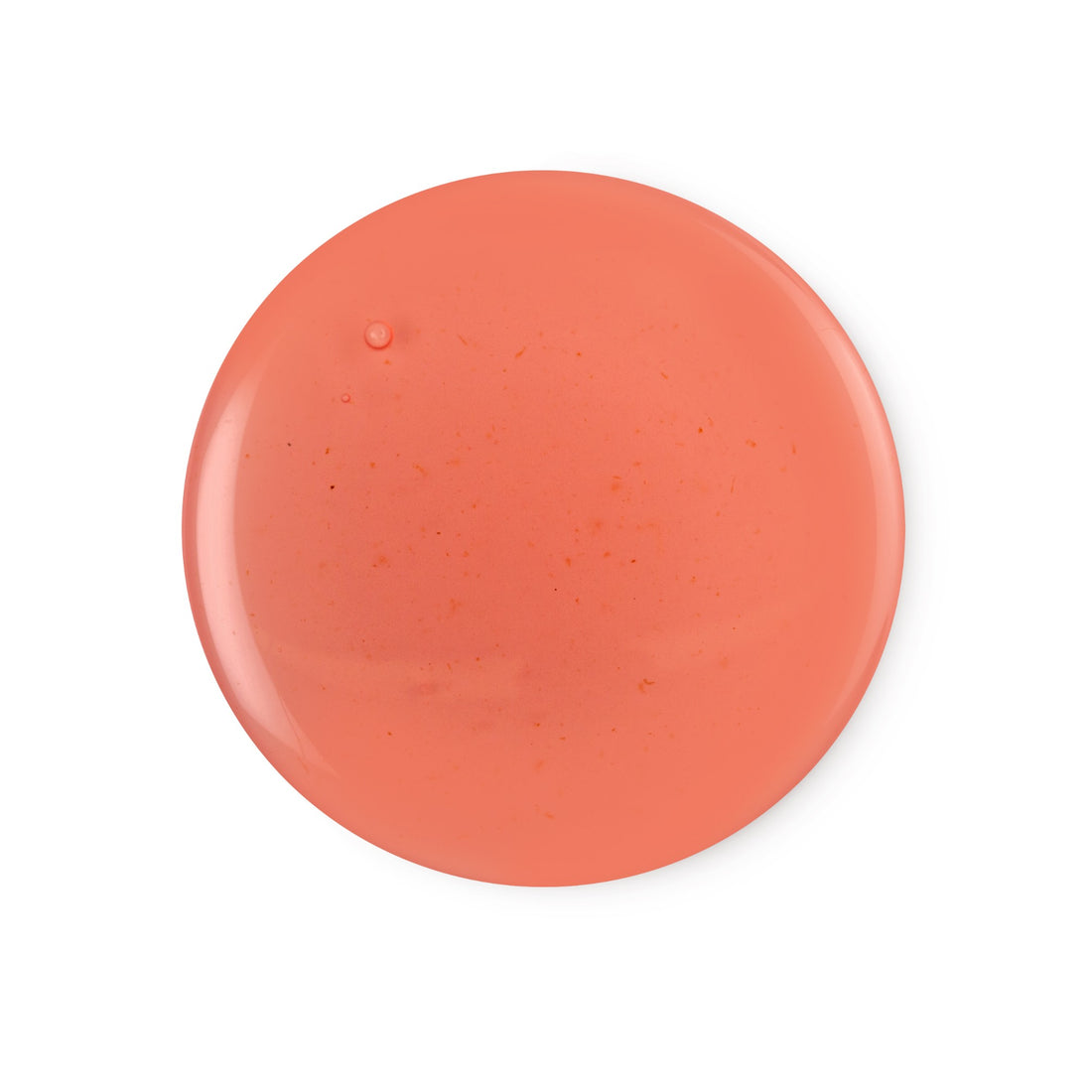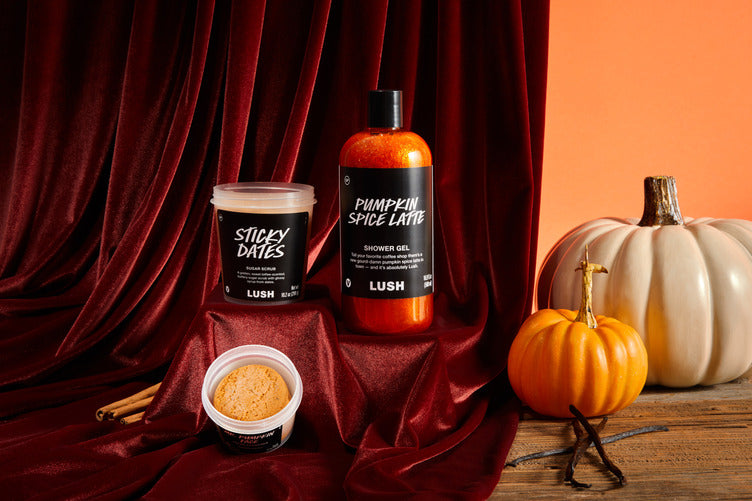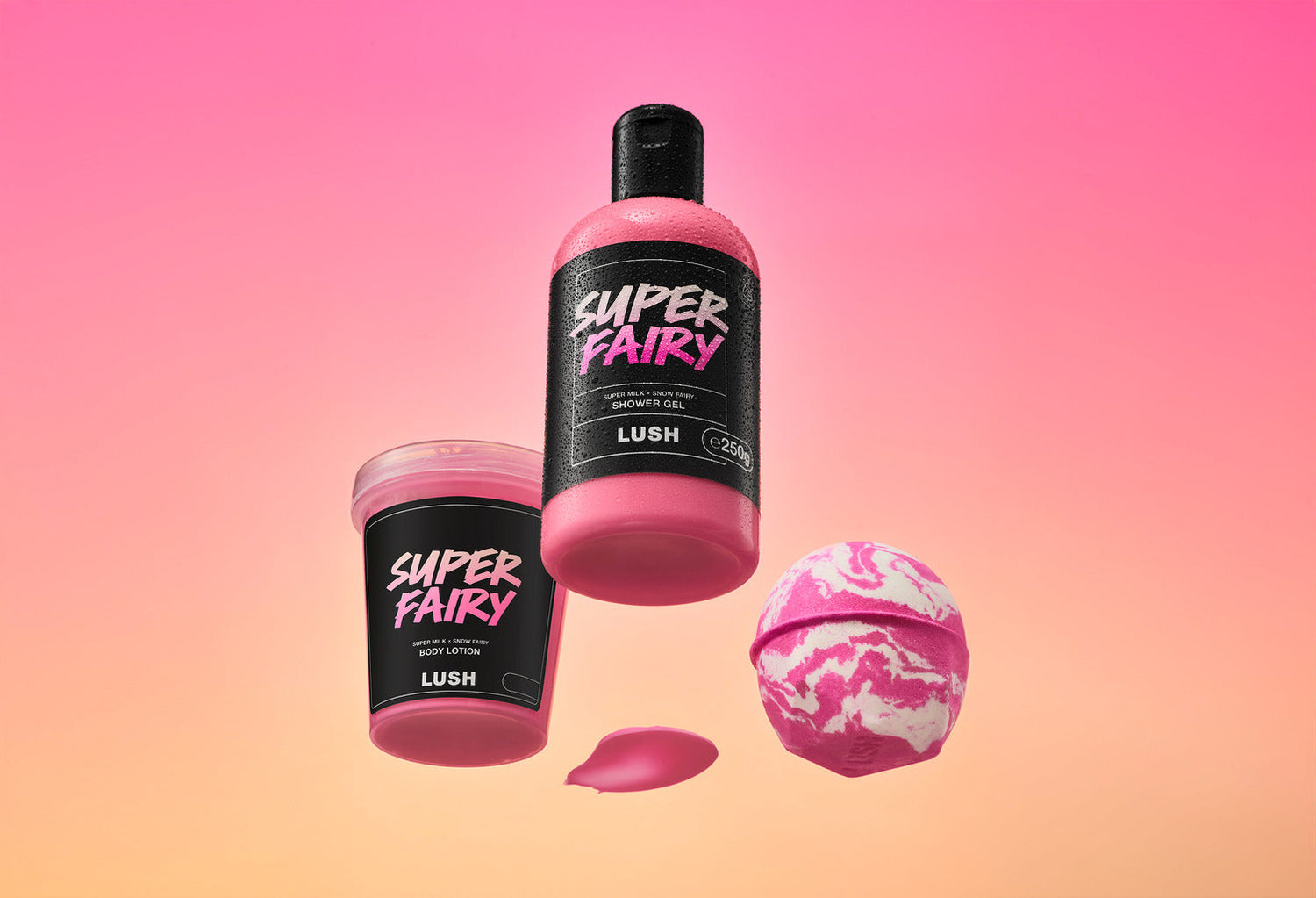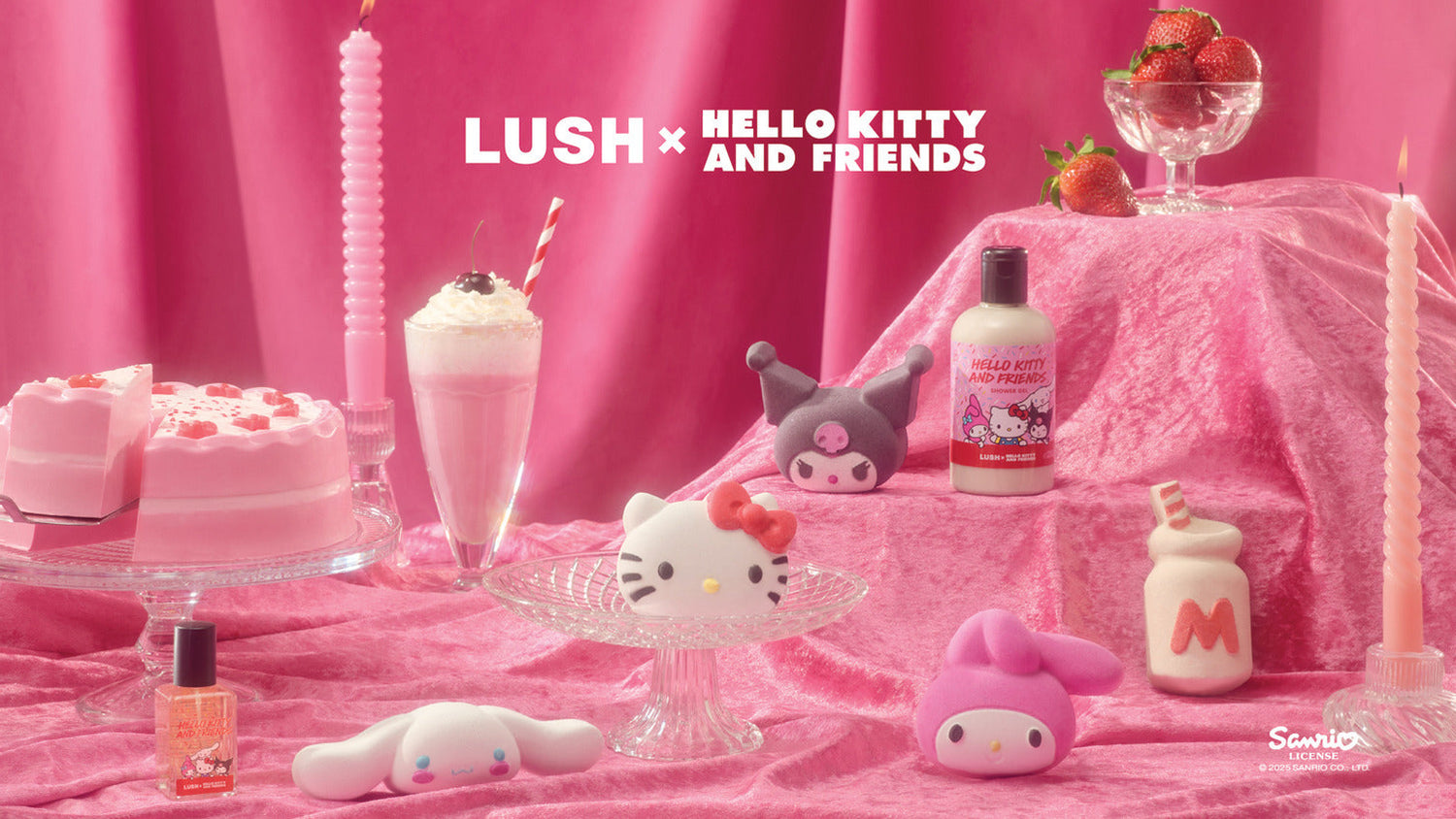Exotic ylang oil is used all over the world for its soothing, peaceful properties, but sourcing quality ingredients in a sustainable way requires a new approach to farming and agriculture.
Derived from the flowers of the cananga tree, ylang ylang oil is rich, exotic and wonderfully fragrant. And it boasts a whole range of health benefits, which is why its use is well-documented throughout history, and why it’s so popular today.
More than a scent
Healers in the Philippines, a country where the flowers grow naturally, have used the oil for centuries to treat cuts, burns, insect stings and snake bites, and it’s so revered in the country that the flowers are often used to adorn religious imagery.
But the oil is perhaps best known for its soothing and relaxing properties, and is frequently used to help alleviate stress-related disorders such as depression and anxiety. Its warm, custardy aroma is said to promote inner peace and feelings of joyfulness, and there’s a lot of evidence that suggests it’s a pretty effective aphrodisiac too. It’s probably no coincidence that ylang-ylang flowers are traditionally spread on the bed of newlywed couples in Indonesia to help them get in the mood for love.
And while the oil is mainly used for its delicious fragrance, it’s also been shown to act as a stimulant for skin and hair, which is why you’ll find it in toners and shampoos, as well as bath products and massage bars (like Attar and Sex Bomb). It’s often paired with jasmine, as the two scents complement each other so well.
Sourcing a sustainable supply
The cananga tree, also simply referred to as the ylang tree, is a tropical plant that grows up to 60 feet tall. It’s native to the Philippines, Indonesia and Malaysia, and since it likes a lot of sun and soil similar to its native rainforest habitat, it’s also grown in Madagascar, Polynesia and the Comoros Islands, off the southeast coast of Africa, which is where Lush purchases some of its ylang.
Ylang is the Comoros Islands’ biggest export and an important resource for local livelihoods, but the archipelago’s reliance on the flower has led to some sustainability challenges. The oil is produced using small distillation units lit by wood, and the local demand for firewood (used for a variety of things, such as cooking and heating, as well as ylang production) has led to deforestation in some areas.
To combat this, Lush works with a variety of non-governmental organisations in the region to encourage agroforestry and tree replanting, as well as provide education and training for the workers that produce the oils for our suppliers. As part of a longer-term strategy, though, we’re producing our own ylang oil in an environmentally supportive, sustainable way, from a site in Ghana.
Lush acquired the ylang plantation in Ghana around eight years ago, and over the last five we’ve been working to turn it into a flourishing ecosystem that not only supports ylang trees, but a host of other plants and wildlife.
The plot was inherited as a monoculture. This means that the land is used for just one kind of crop or plant, and this is generally bad news for the environment as it’s energy intensive and disrupts the balance of ecosystems, resulting in a loss of biodiversity. The destruction of indigenous forests in Indonesia to plant palm trees for the harvesting of palm oil is a good example of monoculture.
The opposite of this damaging model is permaculture, where a mix of plants and trees work together to create a self-reliant, natural ecosystem. Each plant or tree serves a specific function, such as producing food, providing shade or balancing nitrogen levels, helping the environment to grow and thrive in balance and harmony.
More plants are better than one
This is our ambition for our ylang plantation. Alongside canaga trees, we’ve planted vanilla vines and lemongrass plants, which provide good cover and are useful in retaining soil moisture, and they can be used in our other products too. We’ve also introduced papaya trees and coconut palms, which help support the local economy by creating produce for markets and jobs for local people. The site doesn’t use any pesticides or fertilisers, as a lot of the new plants have good natural fertilising properties thanks to the leaves and mulch they drop onto the plantation floor. We’re not registered as organic yet, but we’re aiming for it.
Ghana has seen a lot of drought in recent years, so in addition to adding moisture-retaining plants to the site, we’ve also created a number of natural lakes to help harvest as much water as possible during dry spells. This helps support local wildlife and creates a rich habitat for insects and birds (who love the ylang tree’s clusters of black fruits).
The amount of ylang oil we’re able to produce from our Ghana site is small (around 30kg a year), so we’re not yet completely self-sufficient, but we will be. In the meantime, we’re able to take the important permaculture lessons we’ve learned from our plantation to develop even better approaches to sustainable and regenerative resource production, as we continue to work towards ensuring all our ingredients come from rich, varied and happy habitats.
Words by Rachel England





